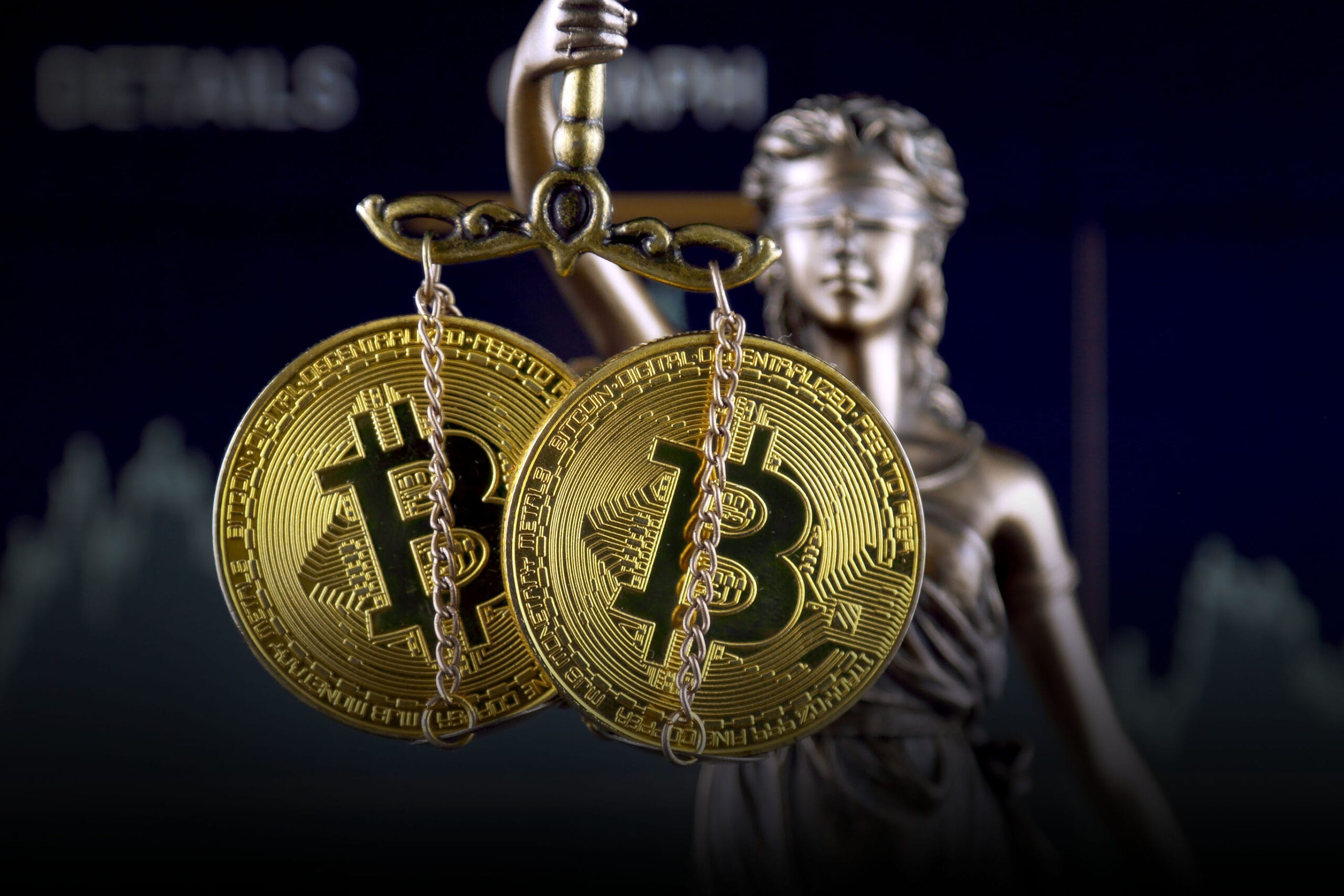
Cryptocurrency has always been controversial since its first introduction in 2008. The world had run smoothly on a centralized model as the government regulated everything before Satoshi introduced Bitcoin. With the introduction of bitcoin's underlying technology- blockchain, the government lost control of certain cogent aspects of its citizens' lives.
The skepticism and distrust around cryptos have since been replaced with worldwide acceptance. Users worldwide can bypass banks to perform different financial transactions and, in that same vein, function outside government-established regulations. While many governments, such as the US and others worldwide, are wary of cryptocurrency, others, such as El Salvador, have adopted it as a currency.
To understand why the government needs to regulate cryptocurrency, you have to understand the role of government in the economy. The term "fiat" refers to government-issued currencies such as the dollar that is not backed by a commodity such as gold. Because central banks can regulate how much money is printed with fiat money, they have more power over the economy.
The Federal Reserve, the US central bank, is responsible for controlling money for the US economy. The US economy's transaction cycle—which includes borrowers, lenders, and consumers—is based on a chain of trust between transacting parties. The final link in the chain is the Federal Reserve, also known as a lender of last resort.
Governments facilitate the role of central banks in an economy. While central banks play a role in monetary policy, they cannot govern its usage. The government bears this responsibility. Through a series of intermediaries, such as banks and financial institutions, governments distribute and regulate the flow and use of money in an economy. Thus, they can dictate how it is transferred and distributed and trace its utility. They also earn revenue from it by taxing the earnings of individuals and corporations.
According to a report by Exploding Topics, 22% of American adults own crypto. The United States is currently in the lead when it comes to adopting cryptocurrencies. The total score is 7.13 out of 10, with crypto ATM availability being the top metric by far at over 17,000 kiosks (about 16,000 more than that of the 2nd place country, Canada). Bitcoin Depot is the biggest Bitcoin ATMs operator with over 7,000 ATMs in the US and Canada.
The US is home to two of the world's largest financial hubs, New York City and San Francisco. These two cities are also where many of the top cryptocurrency companies are located.
It's still unclear whether cryptocurrency evangelists' vision of a world free of governments and regulations will come true. Meanwhile, governments worldwide are attempting to determine the impact of cryptocurrencies on their economies soon. They're particularly troubled by the following issues that cryptocurrency poses in its current form.
The government is interested in regulating cryptocurrency due to its lack of monetary control of these digital assets. Unlike traditional banking systems where a central bank is in charge of a country's financial services, the decentralized nature of cryptocurrency makes it difficult to have a centralized authority or location for its operations.
Recently, there has been a switch to cryptocurrency instead of traditional financial systems. The ease and convenience offered in cryptocurrency make it a better substitute for conventional banking. This trend is very clear in communities that are considered unbanked or underbanked. As a result of the unavailability of banks in these areas, they resort to using cryptocurrency for their day-to-day financial needs.
The government's need to regulate cryptocurrency operations aligns with its goal of protecting its citizens and staying abreast of money inflow and outflow within a country.
Many people are coming on board despite the restrictions on cryptocurrency and the government's akin towards its existence. There is an increased awareness and use of cryptocurrency; many skeptics now believe in digital wallets and have gone ahead to create theirs. The rate of bitcoin users in the world has increased. With the increase of Bitcoin ATMs, many underbanked and unbanked communities have abandoned conventional banking systems to cryptocurrency's fast and convenient modes.
It is not difficult to see why the government wants to regulate Bitcoin. Uncle Sam wants his share of the cryptocurrency revenue too. With comprehensive regulations, the US government believes it can create a safer ecosystem for players in the crypto industry.
You can buy Bitcoin, at several locations in the United States using any of the Bitcoin Depot ATMs. Our mission is to provide the most secure, convenient, and fastest cryptocurrency transaction. Our vision is to bring Bitcoin to the masses.